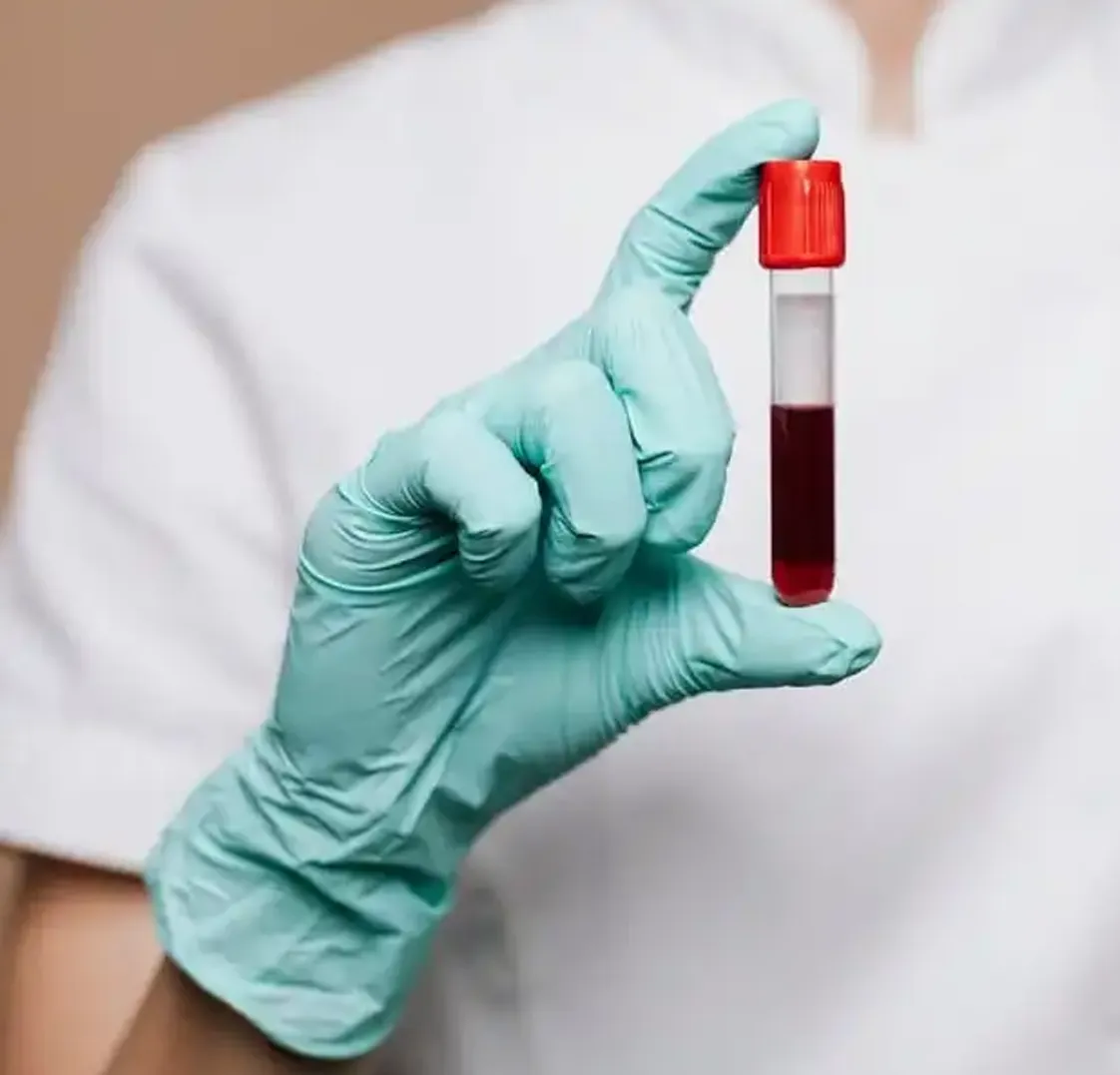The Hepatitis C Antibody Test is a blood test used to detect antibodies to the Hepatitis C virus (HCV). This test helps determine if someone has been exposed to the virus at some point in their life.
Hepatitis B Surface Antigen (HBsAg): This is the most common antigen tested in Hepatitis B screening. A positive result indicates an active infection with the Hepatitis B virus, whether acute or chronic. If the antigen is present, the person is considered infectious and they may be able to spread the virus to others.
How It Works:
- Hepatitis C antibodies are produced by your immune system when it detects the presence of the virus. The presence of antibodies indicates a past or current infection with the Hepatitis C virus.
- The test does not directly detect the virus itself, but rather the immune system’s response to it.
Why It’s Important:
- Detect Past or Current Infection: A positive result means you’ve been exposed to the Hepatitis C virus, but it doesn’t mean you’re currently infected.
- Screening for At-Risk Individuals: The Hepatitis C antibody test is often used to screen individuals who are at higher risk for Hepatitis C such as:
- People who have used intravenous drugs.
- Individuals who received blood products or organ transplants before blood screening became standard.
- Healthcare workers exposed to blood through needlesticks or other exposures.
- People with multiple sexual partners or a history of sexually transmitted infections.
- Those born to a mother with Hepatitis C.
The Hepatitis C Antibody Test is a crucial screening tool for detecting potential infections, particularly for individuals in higher-risk categories.
With early detection and treatment, the risk of long-term liver damage can be significantly reduced.






